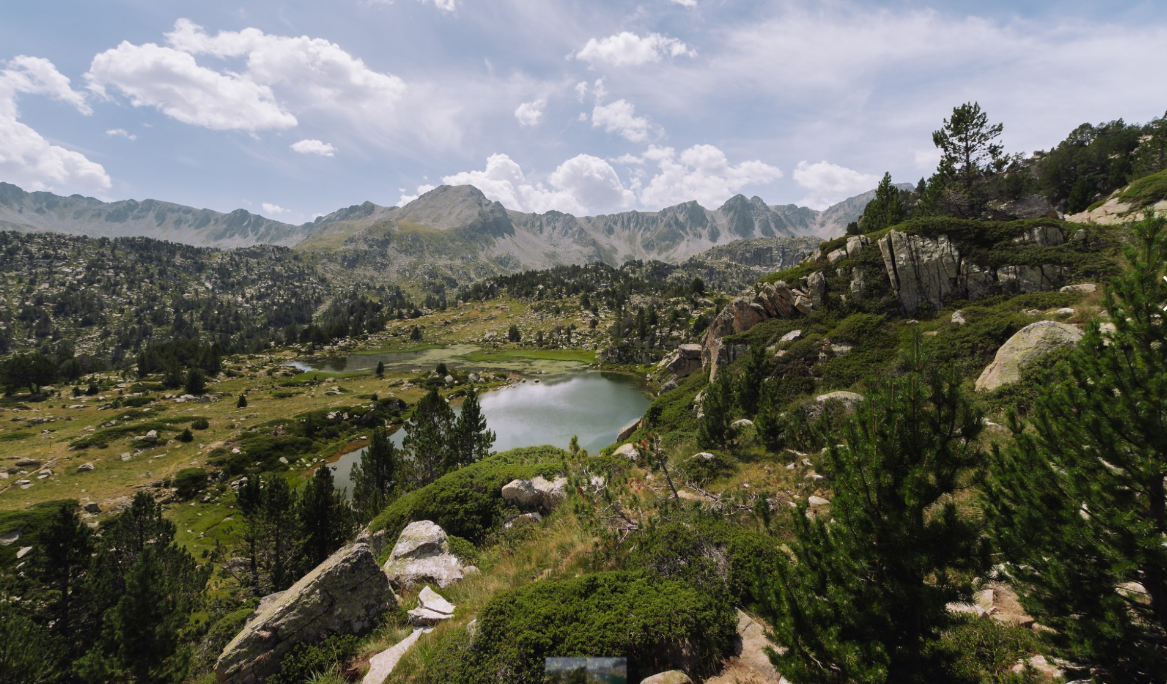CREAF and CSIC researcher Josep Peñuelas signed an editorial in Global Change Biology about COP26 and their results or objectives, like nature based solutions.
The UK Government is hosting COP26 in Glasgow between 31st October and 12th November 2021. It plans to make progress in four key areas which summarize as ‘coal, cars, cash and trees’ (Carbon Brief, 2021). The first two of these aims—to get agreement for the rapid phase out of coal, the most polluting of fossil fuels, and to ensure a rapid transition away for cars fuelled by fossil fuels—are very important, but are not directly related to the remit of Global Change Biology. The latter two aims—ensuring that the financial support of $100 billion per year promised in 2010 by wealthy countries to developing countries finally gets delivered and ensuring that climate solutions adopted also co-deliver to nature—are squarely within the remit of Global Change Biology.
Check all the editorial here (Open Access article)
Reference: Smith, P., Beaumont, L., Bernacchi, C. J., Byrne, M., Cheung, W., Conant, R. T., … & Long, S. P. (2021). Essential outcomes for COP26. Global change biology.

This action is part of the Severo Ochoa “ULandscape” funded in 2019 by the Agencia Estatal de Investigación of the Spanish Ministry of Science and Innovation to support Research Centres of Excellence.








